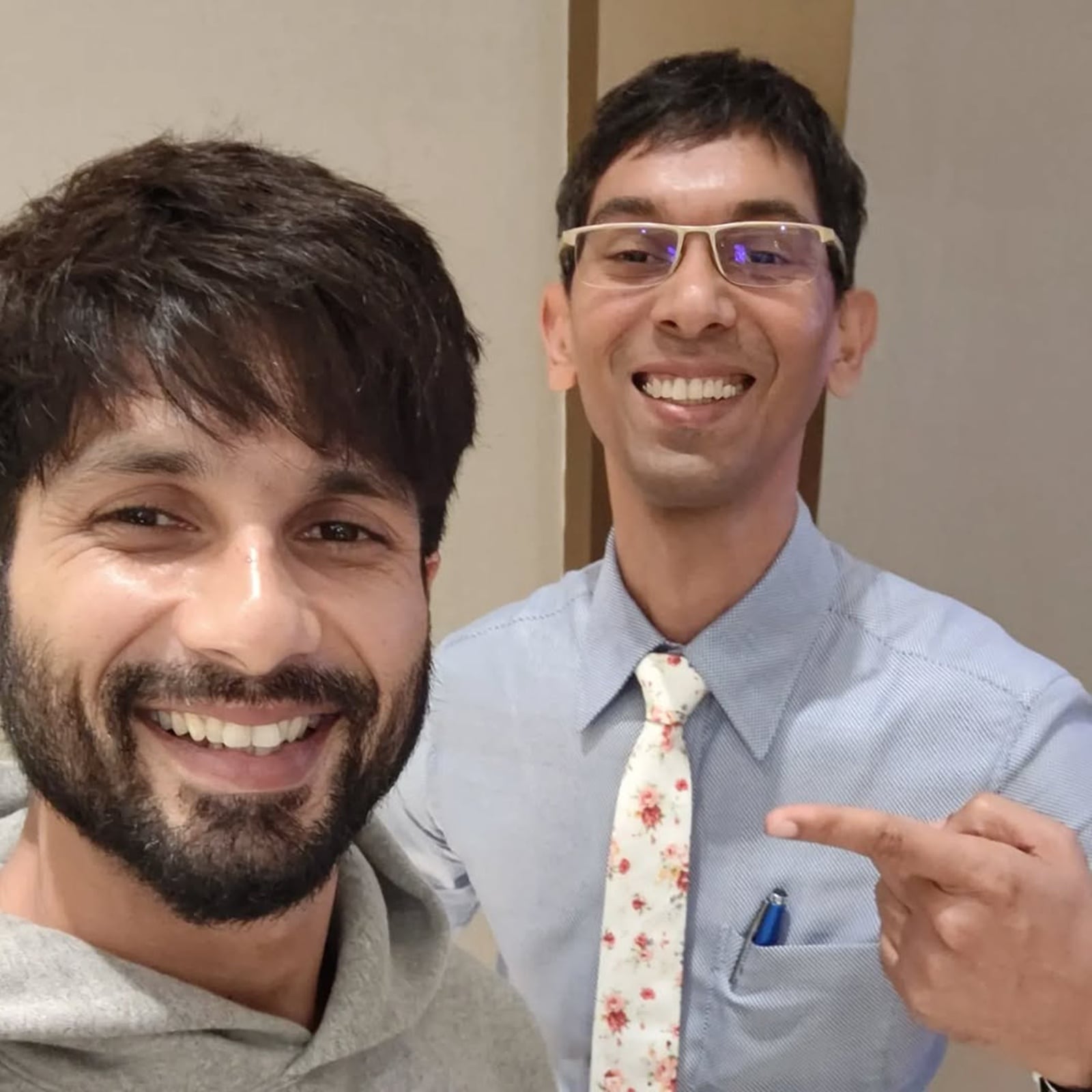Virat Kohli’s nutritionist, Ryan Fernando, has challenged the conventional belief that diabetes is a lifelong condition. In a recent episode on Dr. Pal’s podcast, the expert said, “diabetes is reversible,” adding that even patients with elevated HbA1c levels on insulin have turned things around. According to him, the secret lies in consistency, particularly in flattening the carbohydrate curve in your daily diet.
ARTICLE CONTINUES BELOW VIDEO
“The secret is, it is in your diet. What people mistake, including my father, is that the medicine — once I take it, I continue to eat like I used to before. You now have a disease. Change the way you eat. All the breakfasts on Monday, Tuesday, Wednesday, Thursday, and Friday. Every breakfast should have 60 grams of carbohydrate,” he said.
Fernando explained that fluctuating carbs, like having dosa one day and fried rice the next, force insulin to play catch-up with every meal. “The key is a carbohydrate flatline,” he advised, urging people to maintain a steady intake throughout the week. Coupled with strength training, which boosts insulin sensitivity, his approach aims to reverse diabetes at its root rather than manage symptoms.
Curious, we spoke to a health expert and understood how valid his claims are and in which cases diabetes can be reversed.
Can diabetes truly be reversed?
Dr S Ramkumar, Consultant – Endocrinologist & Diabetologist, Apollo Hospitals, Chennai, told indianexpress.com that the words remission and reversal are used interchangeably, but hold significantly different meanings. “Reversal is possible if it is mild type 2 diabetics. But if it’s in an advanced stage, where the person is using insulin, then it’s not possible.”
The concept of diabetes remission or reversal has been around for a few years. Still, it’s essential first to clarify the type of diabetes we are dealing with, whether it is type 1, type 2, genetic, pregnancy-related, drug-induced, or pancreatic diabetes, as the outcomes and management vary significantly.
 Ryan Fernando manages multiple celebrity clients, including Shahid Kapoor. (Source: Instagram/@ryan_nutrition_coach)
Ryan Fernando manages multiple celebrity clients, including Shahid Kapoor. (Source: Instagram/@ryan_nutrition_coach)
“For instance, in drug-induced diabetes, such as that caused by steroids, stopping the offending drug can bring blood sugar under control and even normalize HbA1c levels. In contrast, pancreatic diabetes often requires long-term medication, usually insulin, and complete reversal is unlikely,” he explained.
Story continues below this ad
Dr Ramkumar further added that in pregnancy-related diabetes, the term remission or reversal doesn’t apply. “Once the pregnancy concludes, blood sugars typically return to normal, although some may later develop type 2 diabetes.”
Type 1 diabetes is caused by autoimmune destruction of beta cells, resulting in lifelong insulin dependence. Although there is a temporary phase called the “honeymoon phase” where insulin requirements reduce due to partial beta cell recovery, this is short-lived, and remission or reversal does not occur.
In this case, Dr Ramkumar mentioned that what Fernando is saying is partially true. “In type 2 diabetes, however, remission can happen particularly in patients with early-onset diabetes who are obese and committed to lifestyle changes like weight loss, healthy diet, and regular exercise,” he said, adding that while this approach is not new, it is being widely publicized in today’s day and age.
“However, such terminology cannot be applied to other diabetes types. Claims like consuming a fixed 60 grams of carbohydrates are vague and lack universal backing,” he said.
Story continues below this ad
According to him, any recommendation must be supported by clinical evidence, preferably from peer-reviewed literature. It’s crucial to remember that diabetes management must be individualized; what works for one patient may not work for another. “Reversal is more likely in those recently diagnosed with type 2 diabetes, who are motivated to lose weight and maintain it,” he concluded.
DISCLAIMER: This article is based on information from the public domain and/or the experts we spoke to. Always consult your health practitioner before starting any routine.

